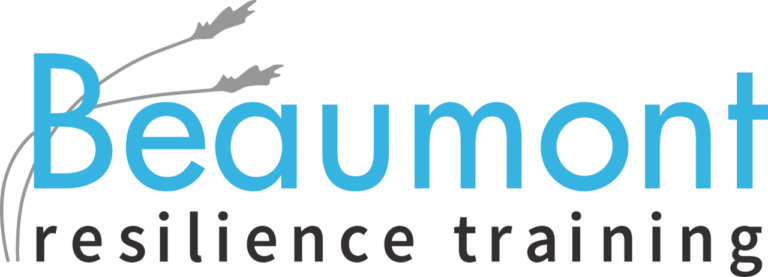In the era of competitiveness, when everyone struggles to do their best at any educational or professional level, having exemplary communication skills is essential. Communicating with a large audience is not only about speaking aloud, it involves your critical thinking and judicious use of body language. When standing in front of an audience, presenting the information clearly and precisely is the key to making them understand what the presentation is about. This way, the presenter can deliver the message to the audience effectively and engagingly. Presentation skills are now required in almost every field. At any time in your professional life you may have to stand in front of a group of people and speak.
Presentation skills:
The key to starting your presentation is to make the audience curious about what you’re going to say. Engaging the audience will encourage them to pay more attention to the message you want to deliver. To make your presentation successful and worthy of all the time and effort you put into both preparing and delivering it, you need to have excellent presentation skills which really make you stand out from the crowd and keep your listeners interested throughout.
Formal and informal presentations:
Presenting complex, long or research-heavy content to a formal audience may pose some challenges. The presenter must demonstrate high-level skills, including self-confidence and the ability to answer all of the audience’s questions. On the other hand, an informal presentation may seem pretty straightforward, but don’t fall into the trap of thinking that it only involves sitting down to discuss a few ideas. Whilst there may be less tension in the room, a good presenter will still be thinking about maximising both their content and their body language techniques to ensure that the presentation is successful.
Presentations can be nerve racking:
Many people feel nervous or even terrified when they are first asked to speak in front of people, especially if the audience is large and/or has a high level of expertise. However, engaging and professional presentation skills will lay the groundwork to make your presentations compelling and boost your confidence to speak fearlessly in front of the audience. Presentation skills do not merely involve putting together a set of PowerPoint slides and speaking about them. Well, they do if you want to give a boring presentation! Being a good presenter means knowing how to structure, signpost and adapt your content to the audience. But those are just the basics. Being nervous about a presentation means you doubt your own skills so it’s a good idea to prepare as well as you can, but more importantly you need to feel confident that you know how to adapt your voice, tone, personality, gestures, facial expression, and your body language in order for the audience to believe in you.
Polish your existing skills:
A presenter may have been giving presentations for some time, but there is always room for improvement and refinement. Enhancing the creativity of your skills will make you more practical, self-confident as well as ensuring that you leave a lasting impression on the audience. You can always practise on your own, however nothing beats the effectiveness of taking a professional presentation skills course. A good presentation skills course will give you all the tips and strategies you need to become an expert presenter and make you feel excited, instead of nervous, about standing up in front of an audience.
Beaumont Resilience Training:
If you are ready to take your presentation skills to a professional level, Contact Beaumont Resilience Training now to get unique presentation skills training by experts.
